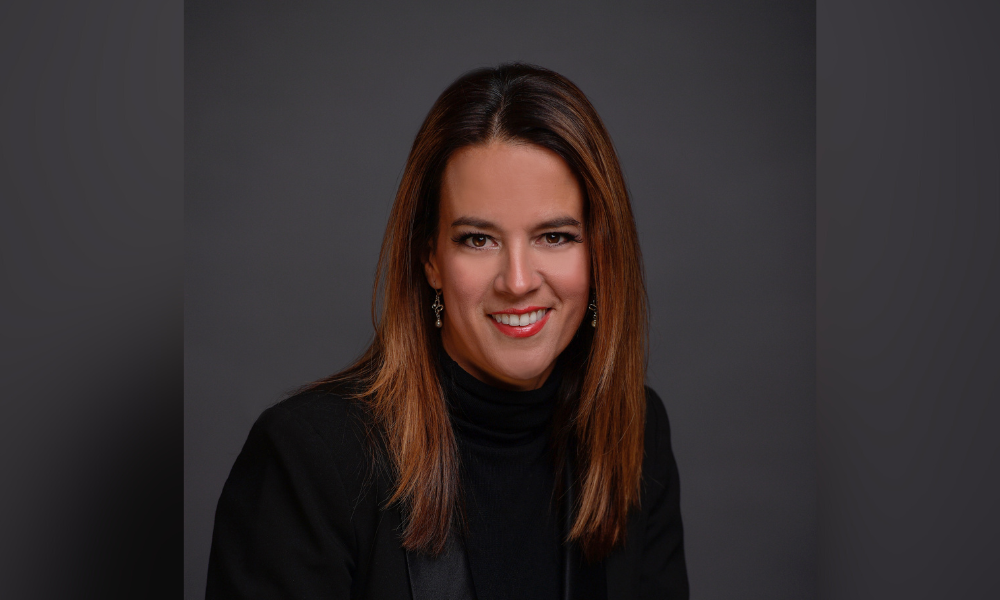Awareness exercises, financial literacy main drivers of informed decisions about spending

As Blue Monday — and that credit card statement listing all of the holiday spending carnage — approaches, Elke Rubach, financial advisor and principal at Rubach Wealth, urges fellow advisors to ask themselves: are you a Whole Foods advisor or a Wal-Mart advisor?
“If you’re just there to sell clients stuff that’s one thing, but if you’re there to help them figure out their finances and they come to you this Blue Monday to say they’re a little morally hungover because of their spending spree, be prepared to find strategies and solutions to help them.”
With her own clients, Rubach focuses on what she calls unaware spending. Often, even if a person knows logically they’re outside their budget, they haven’t run the full financial consequences of that spend, which can derail financial strategies over the long term. When dealing with the more affluent market, it’s an awareness exercise: analyze cashflow models and projections with the client, showing what happens if they’re disciplined in their spend versus if they’re not. If the client wants to spend now and have to work more later, or choose instead to delay their next big purchase because it costs them too much long term, at least they’re making an informed decision.
“Making decisions from a place of education is something that’s lacking because many live too fast, too furious and yes for some the affluence is there – just not as much as people may think,” says Rubach. “The numbers don’t lie.”
The risk of undisciplined spending increases significantly in today’s economic environment, hallmarked by higher costs of living, stagnant wages, and job losses. And while ever-increasing inflation deflated holiday shopping spend this year not only for the average Canadian but for 45% of those with household incomes above $200,000, despite best intentions Rubach believes there will be a lot of spender’s remorse come Blue Monday. That’s why it’s critical to seize the opportunity to make a plan with clients early in the year that keeps them on the right financial track.
Rubach doesn’t believe in sacrificing every dollar to savings, but it comes back to a willingness to examine discretionary spend. If that famous latte makes you happy, go for it, but be aware of the trade-off and your options. If you’re in your twenties and you cut back to buying two or three a week instead of daily and save the difference, running those numbers going forward shows the huge impact a relatively small sacrifice can make. In a more extreme example, Rubach once witnessed a 25-year-old client load their car with a quarter of a million dollars of Hermes products, and she took the opportunity to show them the projection if they invested that $250,000 instead and continued to invest with discipline.
Many people don’t learn about financial literacy at home and it’s not something taught in schools, but that’s an excuse that will only take you so far. Rubach encourages clients to have conversations about money with family members, be more intentional gifting, and get creative with what they don’t need anymore. For example, consignment stores are trendy right now so why not take in the items that are no longer used? The old adage is “you live and you learn,” but the real question is, do you learn?
“If you don’t know and now you know you don’t know, it’s not OK to continue not knowing,” Rubach says. “I tell my clients, the next generation is watching: financial literacy can help prevent future Blue Mondays. Even if you have a fortune to pass on to kids, it doesn’t matter if they don’t know how to manage it. I work with my clients not from a scarcity mentality but from a stewardship mentality.”
Advisors are not here to judge — clients are the ones who have to live with the consequences of their behavior at the end of the day — but it is the advisor’s responsibility to show clients what happens if they spend less now on things they really don’t need.
“I have long-term relationships with my clients that start with a plan that shows them where they’re standing, but I always tell them I’m an advisor not a convincer,” she says. “No, don’t eat cat food in order to invest but if you figure out what you need versus what you want, over time it does make a difference. It’s an awareness and education thing.”



